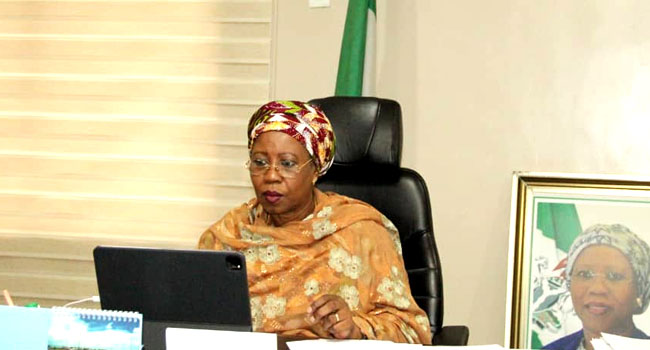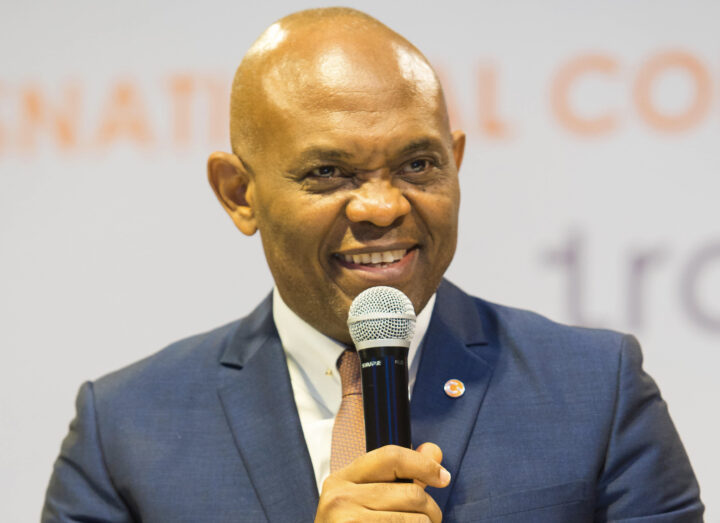Maryam Katagum, minister of state for industry, trade and investment, says banks should set up gender desks to prioritise lending to women.
Katagum, represented by Suleiman Audu, director of commodity and export department, said this on Wednesday at the second series of the African Women Trade Conference 2022.
The conference was put together by the Organisation of Women in International Trade (OWIT Nigeria), in collaboration with other OWIT African countries, with the theme: “Positioning African women for the next big opportunity in the regional and global marketplace”.
According to her, as part of efforts to position women to enable them to benefit from the African Continental Free Trade Area (AfCFTA), the following should be considered:
Advertisement
“Preparation for gender inclusion in national AfCFTA strategies and policies. Companies have to invest in women directly by integrating gender policies and practices with global diversity,” she said.
“Banks should set up gender desks with a view to going the extra mile in identifying and prioritising targets of potential women borrowers as a platform for ascertaining and providing financial empowerment from African Development Bank to support women-led Farmers Based Associations and MSMEs to promote agriculture in certain African countries.
“Greater efforts need to be made to provide women with access to technical education and on-the-job training.
Advertisement
“Targeted entrepreneurship training can help women entrepreneurs grasp the opportunities that open markets create and calibrate their businesses toward those opportunities through creativity and innovation.”
Katagum said more women should be encouraged to go into technically oriented Science, Technology, Engineering and Mathematics (STEM) fields to pioneer inclusive innovations.
She called for synergy and cooperation among all Africans, regardless of background, to be gender sensitive in the implementation of the free trade agreement.
“With the launch of trading under the ACFTA in January 2021, the expectations are high as relates to the expanded business prospects for women-led businesses, which will unlock the potential for African women to grow their businesses from micro to macro enterprises,” she added.
Advertisement
“The agreement establishing the ACFTA recognises the need to build and improve the export capacity of both formal and informal service suppliers, with particular attention to micro, small and medium-sized enterprises in which women and youth actively participate.
“Through the ACFTA, informal and micro and small enterprises will be integrated into the continental markets breaking the barriers these businesses constantly encounter as they try to penetrate more advanced regional and overseas markets.
“Women, estimated to account for 70 percent of informal cross-border trade in Africa, will be well positioned to tap into regional export destinations and use regional markets as stepping stones for expanding into overseas markets.
“By reducing tariffs and with simplified trading regimes for small traders, ACFTA makes it more affordable for informal traders to operate through formal channels which offer more protection by addressing the vulnerabilities of women in cross-border trade.”
Advertisement
Add a comment







